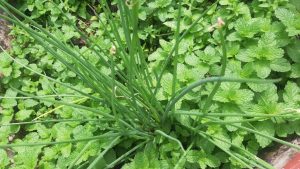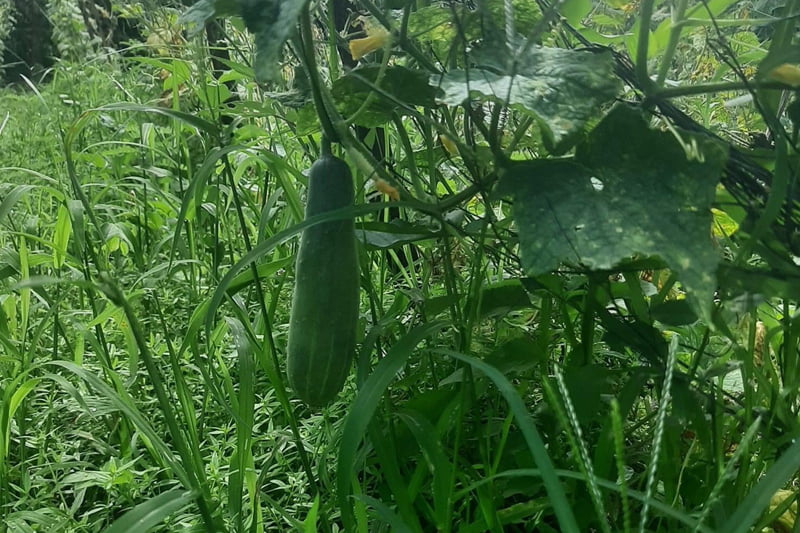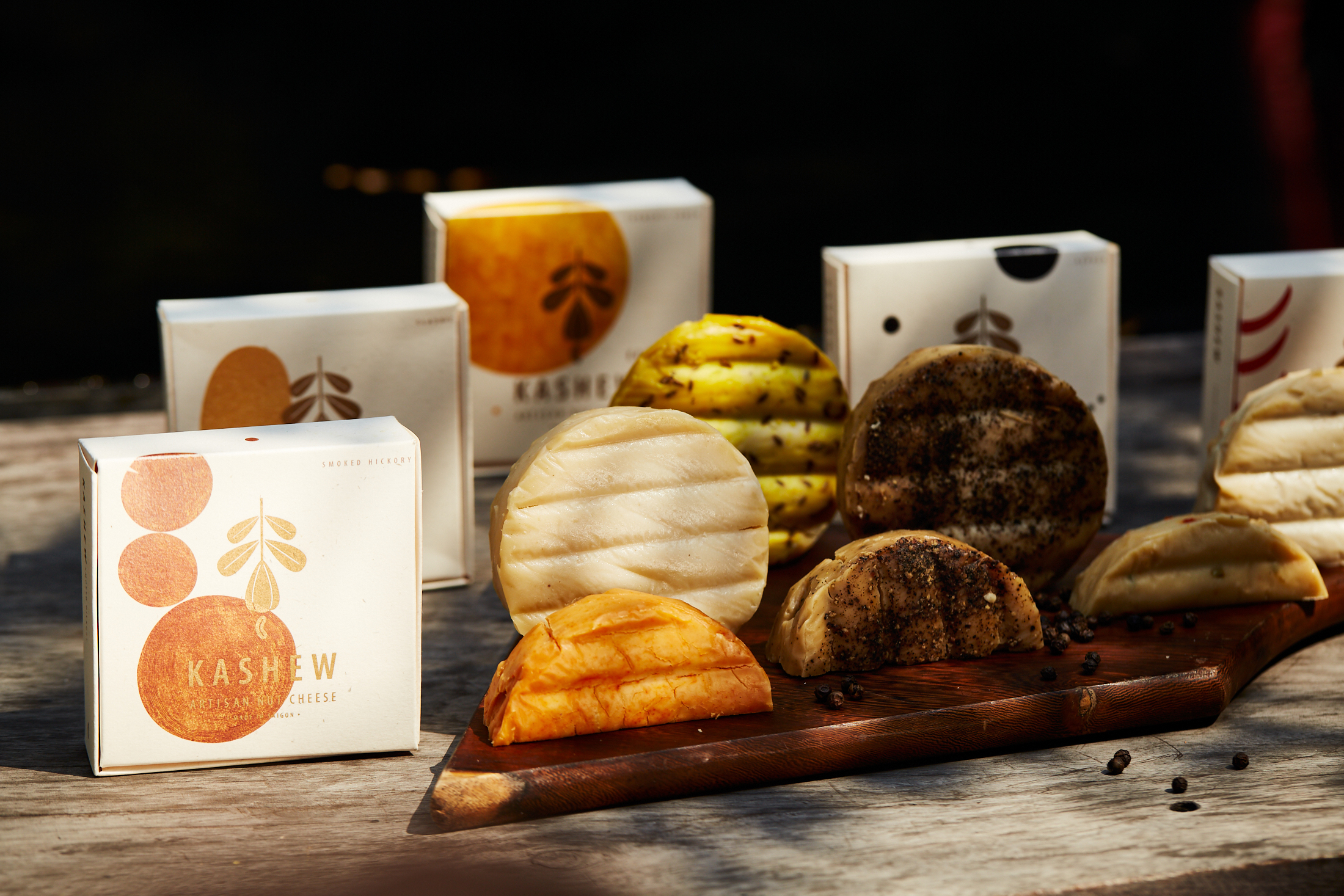Lazy farming!
Natural or organic farming is sometimes referred to as lazy farming, because it suggests that nature is not working much. Plants are left to grow and develop in the most natural way.
In fact, natural and organic farming is the opposite of lazy. The philosophy of natural farming includes many factors such as limiting soil improvement (by means of fertilizers) and limiting interfering with the natural development of plants (by means of herbicides).
Some of the main principles in natural agriculture are:
- Limiting or not plowing/tilting the soil. Tilting turns the soil whereby the soil is agitated. It does help eliminate weed. Although important benefits comes from tilting, it also leaves the soil vulnerable to erosion and the underground fungal networks are destroyed.
- No use of chemical fertilizers, herbicides etc.
It can be said that the philosophy of natural agriculture holds that all species on earth grow and develop in their own way without intervention. In real life, we do intervene allowing us to get bigger yields, but this can be done from very little to too much.
Leaving the plants to grow by themselves would not be possible, we would leave the plants to self-destruct. Instead the use of crop rotation and intercropping are great non-invasive tools to do successful organic farming.
Constantly growing the same crop on a piece of land is called monoculture. Eventually it will deplete the soil for some essential nutrients specific to that crop. The soil structure becomes degraded and the plants will end up either not growing well or not growing at all.
Lazy farming way
Crop rotation and intercropping help to regulate nutrients in the soil, make good use of soil nutrients, light and limit the growth of weeds. Not all crops need the same nutrition, hence if crops are rotated they will take different nutrients from the soil allowing the soil not to deplete completely.
Crop rotation: is the rotation of different crops per unit area. Crop rotation increases soil fertility, regulates nutrients, and reduces disease. Crop rotation is used to prevent disease and support beneficial insects to thrive.
Crop rotation should be seen as the first step towards creating the necessary plant diversity. Crop rotation plays an extremely important role in natural/organic farming. If the soil is healthy, the plants will be healthy, and the plants will be healthy to create the best products for us with the most nutrients. Organic produce holds much more nutrients than their conventional counterparts. (In other worlds you get more nutrients per kg).
Intercropping: is when you grow two or more crops in the same area at the same time or close together. Intercropping supports diversity and stability in organic farming. At the same time it prevents and reduces the risk of plant diseases caused by insects and external agents. For example, intercropping with cabbage and spices, the essential oils and scents of herbs also contribute to repelling insects that cause disease in vegetables, which is extremely beneficial for natural farming.

Intercropping helps to make the best use of soil, light and nutrients, and also helps farmers increase the yield and eventually their income.
This is exactly how it is done on our small family partner farms and we can guarantee that our farmers are not lazy – quite the opposite. And for sure – no pesticides! We hope you can taste the difference.
Email: info@bynature.vn
Website: bynature.vn





